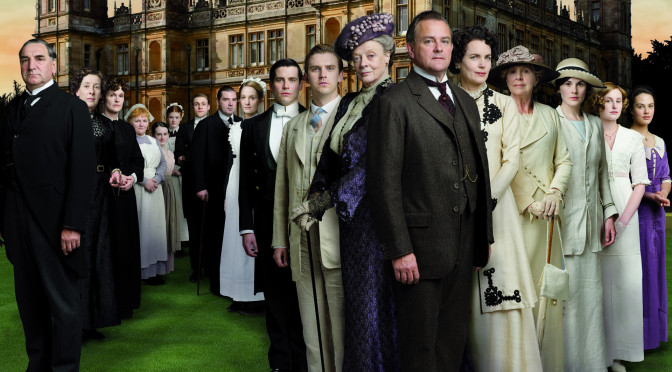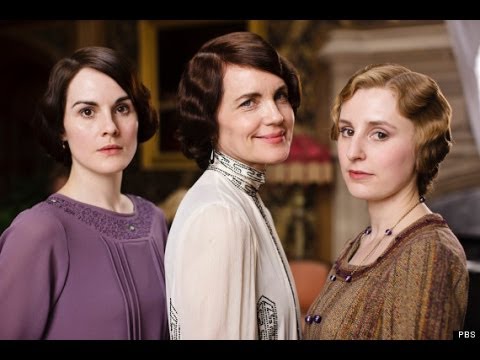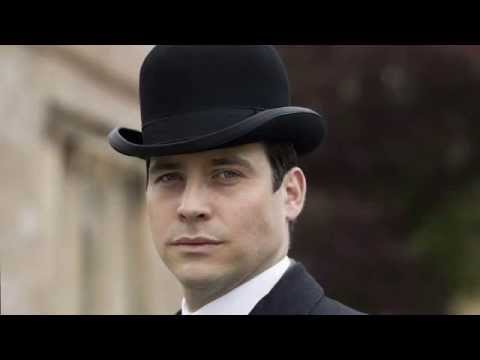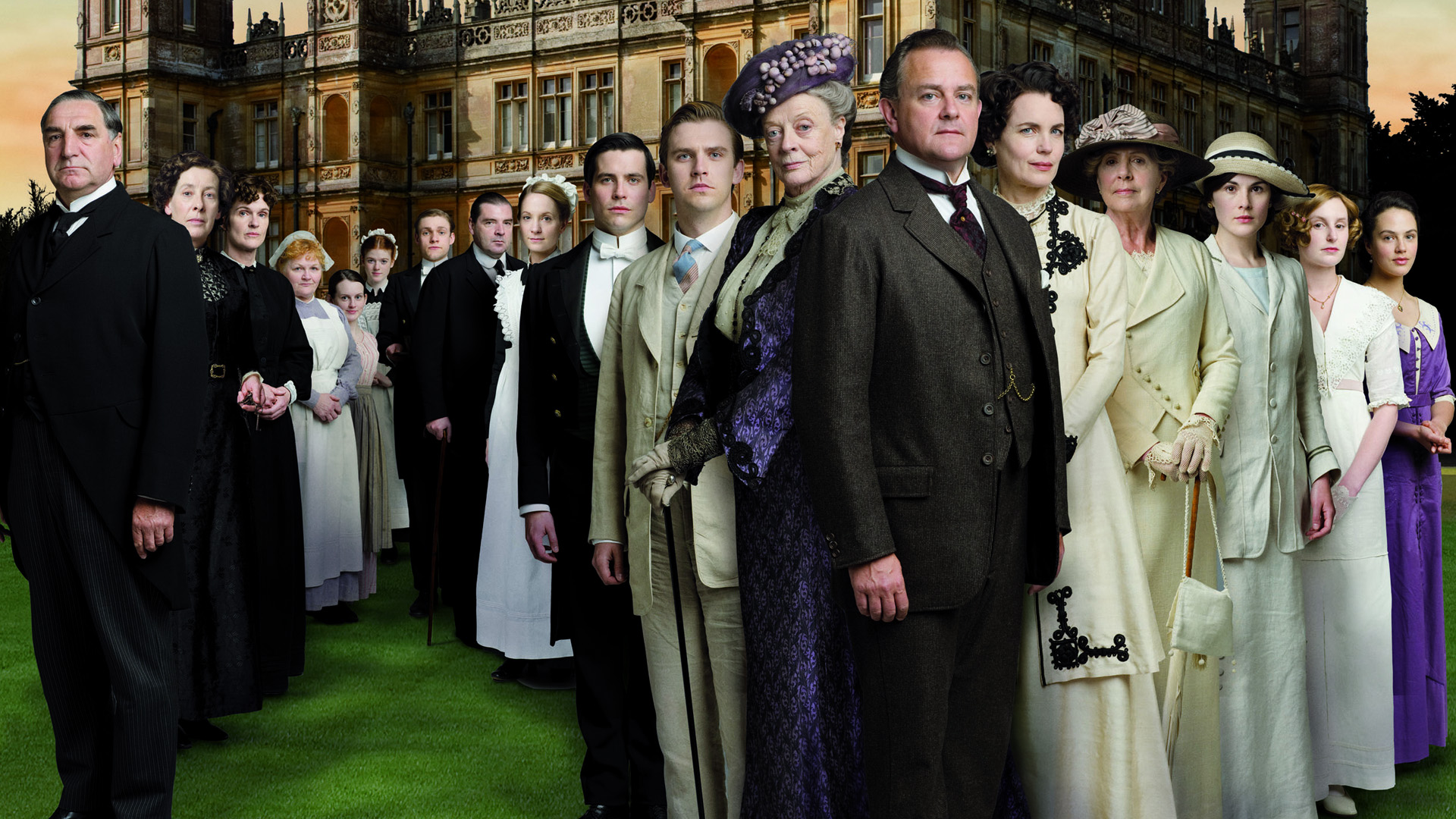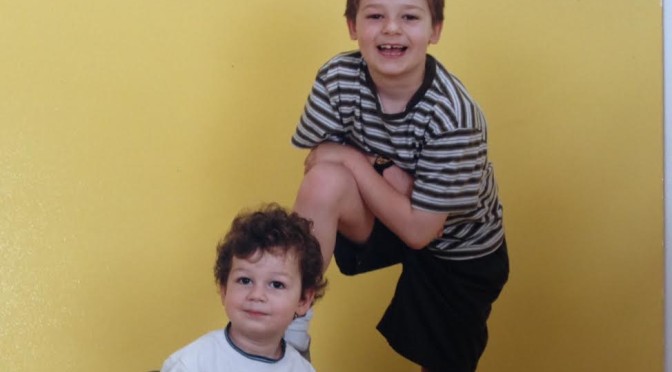Say what you want about Robert Crawley (aka Lord Grantham on “Downton Abbey”), but for all of his formal wear and and fussy lifestyle, he’s at heart a guy’s guy.
I can hear a collective “Say what!?” But hear me out.
For so long, the concept of a “guy’s guy” has been seen as someone whose sole interests are guzzling beer and spending time in a man cave watching sports on TV or porn online.
I think there is nothing wrong with any of those activities, but it misses the larger — more complex — makeup of what men are about.
For that reason, if you look beyond Robert’s dinner jacket, you will be surprised to see how much of his character aligns with being a guy’s guy.
He is prideful and has a frail ego: A veteran of the Boer War, Robert has hurt feelings when he is not called up to active duty on the front lines in World War I. He is instead relegated to wearing a uniform to serve merely as “a mascot,” he says, back at home.
He is loyal: Robert demonstrates his loyalty any number of times and ways: In hiring Bates and in finding it in his heart to keep Barrows on staff after his suicide attempt. When William Mason, a footman, is confronted by protesters who give him a white feather for allegedly being a coward for not serving in WW I, Robert throws them out of the house.
He knows how to keep confidences: He gets wise to the connection between Edith and Marigold but he knows how to acknowledge it with his wife and daughter but at the same time keep it within the family. Among men, exercising discretion and keeping information under wraps is a trait that is highly valued.
He has foibles: Robert dabbled in a dalliance with a lady’s maid. Robert is not without his shortcomings but he demonstrates that over the long haul, his set point is to be someone with a good heart.
He likes his drink: Hey, who does not like to have a good adult beverage once in a while?
He is crappy about taking care of his health: Not saying necessarily that this is an admirable trait. It is just one that a lot of guys share in common. (Bonus points: Robert is also a lousy patient. I can relate to that.)
He loves his family: Through any number of trials and tribulations, he has gone to lengths to help his daughters. Look at the way he softened his heart to welcome Tom into the family after first bristling at the idea of him as his son-in-law.
He’s willing to throw down when the moment calls for it: Robert got white-hot jealous (though turns out with justification) over the undue interest that an art collector showed in Cora. When Robert finds the collector, Robert Bricker, and his wife in their boudoir, he proceeded to sock it to the guy.
He is a good boss: While a clear hierarchy exists between servants and those served, Robert does not treat the staff as merely the hired help. He’s reserved around them perhaps but he does treat them well and with compassion. Look at what he did for Miss Patmore for her nephew, who was a deserter in World War I. While Robert did not include the nephew in the main war memorial, he did commission a separate plaque honoring his service and sacrifice. It was a touching and moving gesture.
He loves his dogs: Look at the way he mourned the death of Isis and then melted when his mother left him with a new puppy that Robert named Tiaa.
Read more blog posts at www.aboutmenradio.com and at http://aboutmenradio.net
Like us on Facebook at https://www.facebook.com/
Have a question or a comment? Write us at amr@aboutmenshow.com

